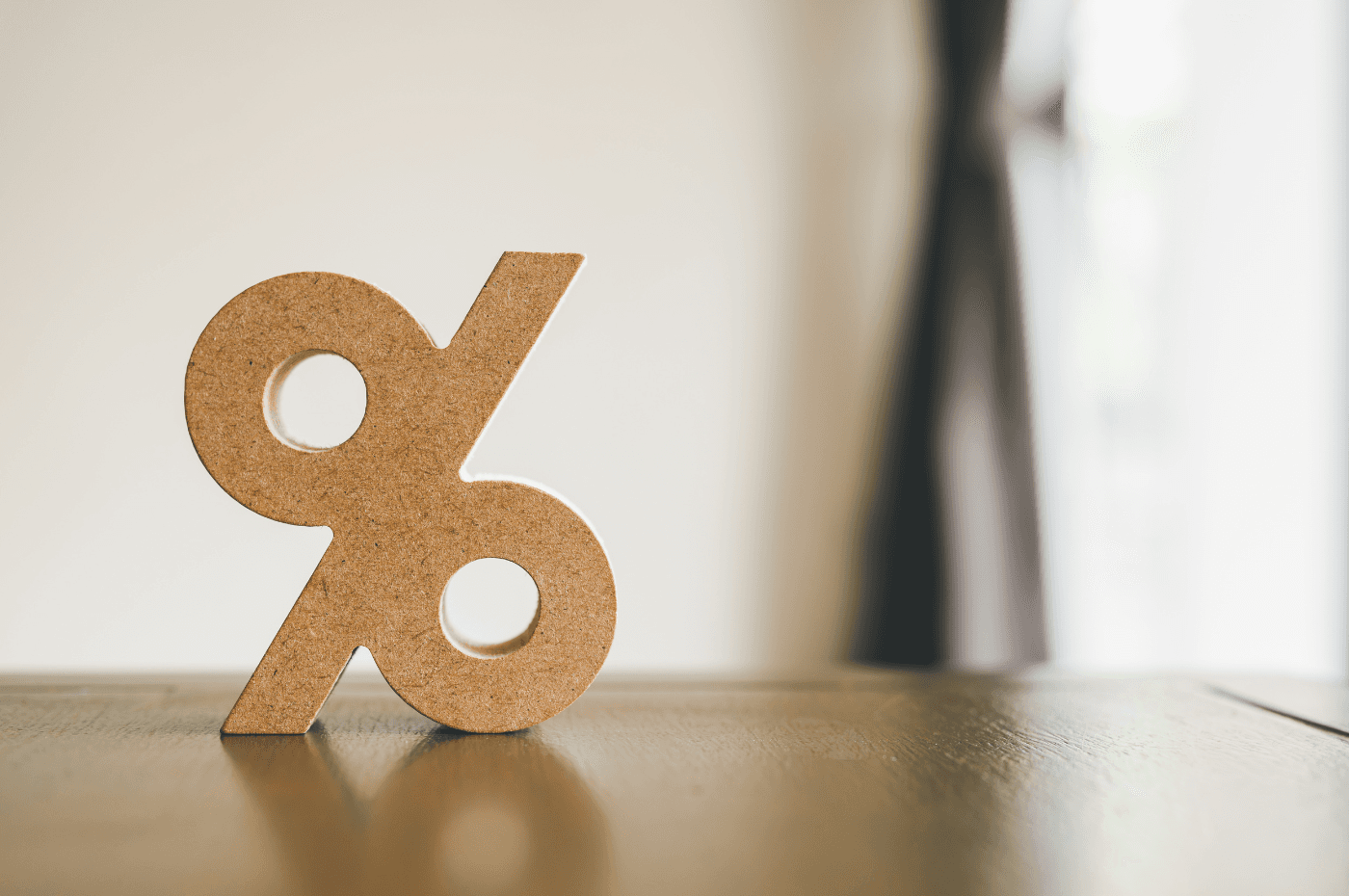When choosing a mortgage, there are several important factors to consider, including your mortgage term.
If you’re buying your first property, you might be curious what a term is and how it affects your loan. The mortgage industry can be complex but don’t worry; we’ll explain everything you need to know!
What is a mortgage term?
A mortgage term is the length of time your mortgage contract is in effect. It typically ranges from 6 months to 10 years, with 5 years being the most common. It's important to understand that the term differs from the amortization period, which is the total time required to completely repay the mortgage, usually 25 years.
When the term ends, you usually need to renew your mortgage and its terms. Most people go through several renewals before fully paying off their loan. If your loan is paid off, renewal is not necessary.

How do I choose my mortgage term?
Now that you have a clearer understanding of what a mortgage term is, how do you decide which one is the best for you? Should you choose a term of one year, three years, or five years? It can be a tough decision.
There are short and long-term mortgages, each with their own advantages and disadvantages. You’ll need to evaluate each option to determine which one suits you best.
As noted earlier, a 5-year term is the most common in Canada. It is often seen as an ideal balance, offering stability while also allowing for a potential improvement in terms over time. However, it might not be the perfect fit for everyone.
To choose the right term, consider the following:
- Your risk tolerance: a longer term offers more stability and reduces the risk of interest rate increases over time. On the other hand. A shorter term may expose you to more frequent rate changes.
- Your personal and financial goals: if you expect several changes in your life, a short-term mortgage can provide more flexibility.
Short-term mortgages
When your mortgage contract is for 5 years or less, it is considered as a short-term mortgage. The shorter the term, the more frequently you will need to renew it, which also means:
- Lower interest rates: short-term mortgages typically offer lower interest rates than long-term loans.
- Rate fluctuations: you might face more frequent changes in interest rates. Rates could drop, saving you money, or rise, increasing your payments. This requires a higher-risk tolerance.
- Interest rate options: a short-term mortgage gives you the flexibility to choose between a fixed or variable interest rate.

Long-term mortgages
A mortgage with a term of more than 5 years is considered long-term. The main advantage is the stability it provides for your payment, making it attractive to those with a low risk tolerance.
However, it also means that:
- Fixed interest rates: you are generally limited to a fixed interest rate.
- Higher interest rates: your mortgage rate will usually be higher compared to short-term loans.
- Increased total interest: you’ll end up paying significantly more interest over the life of the loan.
Additionally, a long-term mortgage commits you to the same lender for many years, potentially limiting your opportunities for renegotiating better terms.
Convertible mortgage
A convertible mortgage offers a flexible compromise; it starts as a short-term mortgage but can be converted into a long-term mortgage, typically at any time.
The terms of convertible mortgage can vary widely between financial institutions, so it’s important to carefully research and compare options before making your decision.

Other aspects to consider when choosing your mortgage
While the mortgage term is an important factor, it’s not the only consideration when choosing a mortgage. Here are some other decisions that will affect how you repay your loan:
- Interest rate type: decide between a fixed rate and a variable rate. Each has its own advantages and disadvantages.
- Mortgage type: choose between open and closed, and conventional or subsidiary mortgages. Each type offers different features and flexibility.
- Amortization period: this is the timeframe over which you’ll repay the entire loan, typically set at 25 years.
- Payment frequency: the frequency of your payments will significantly impact the total interest you accumulate over the life of the loan.
The mortgage broker: your best ally
Struggling to determine the right mortgage term or understand all the details of your mortgage? A mortgage broker can be your best ally.
A mortgage broker offers expert advice and assistance in selecting the best mortgage type, amortization period, rate, and term for your needs. He also negotiates your loan terms on your behalf, saving you valuable time and ensuring you get the best deal.
Are you looking to secure a mortgage loan?
XpertSource.com can help you in your efforts to find a mortgage broker. By telling us about your project, we will refer you to top-rated experts, free of charge! Simply fill out the form (it only takes 2 minutes) and you will be put in contact with the right experts.





